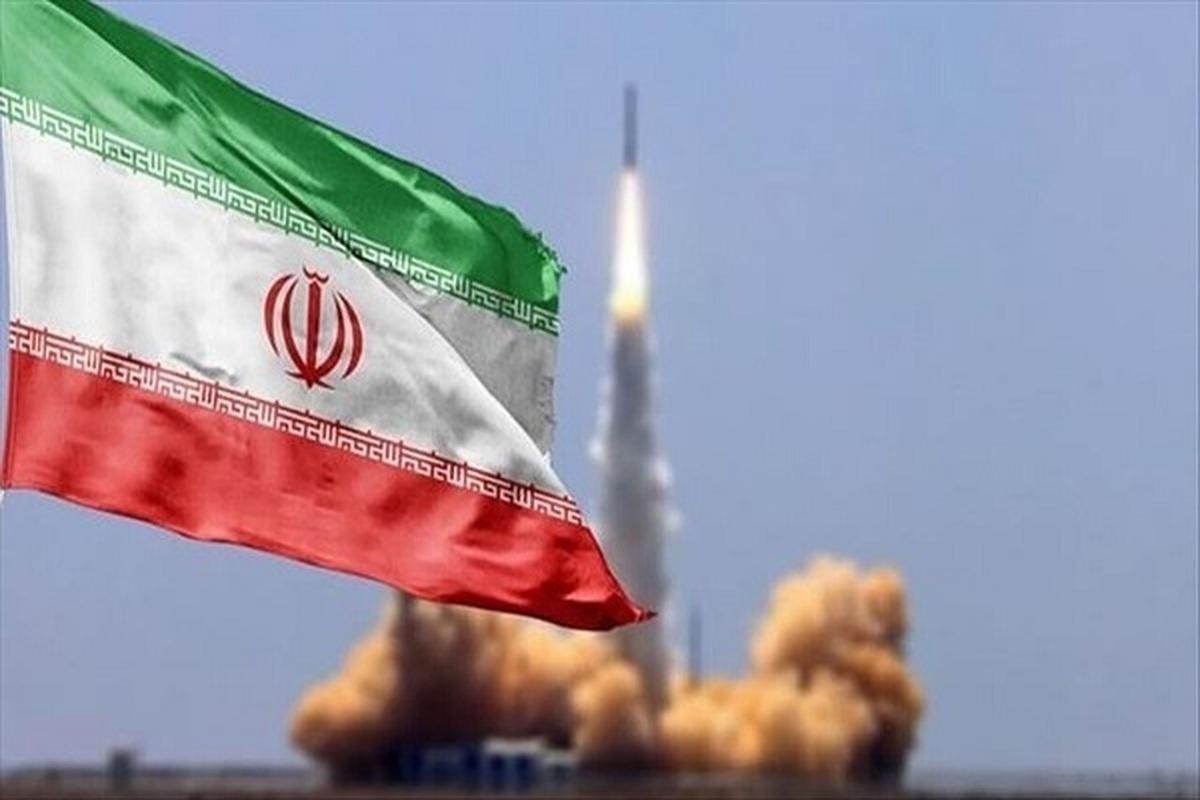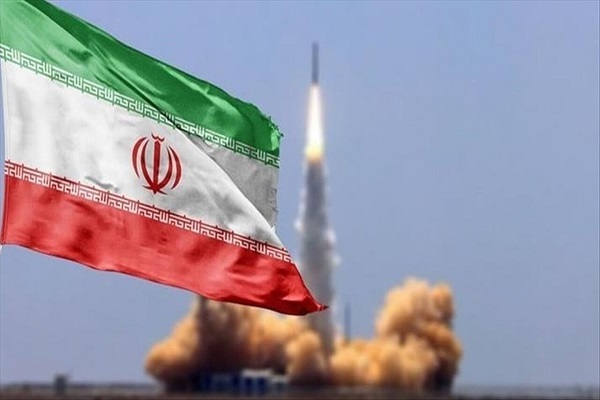Iranian Emerged Victorious with Belief in Imam Hussein’s Path, Says Scholar


Mahmoud al-Hashemi, director of Iraq’s Al-Ittihad Center for Strategic Studies, made the remark in an article for IQNA, excerpts of which are as follows:
Since the beginning of the Islamic Revolution in 1979, attacks and conspiracies against the Islamic Republic of Iran have never ceased.
When Iran’s adversaries failed to undermine the cohesion and successes of its system, they resorted to military assaults—notably by the Zionist regime on the morning of June 13, 2025, followed by an American attack. These actions came after exploiting internal and external proxies to assassinate military commanders, nuclear scientists, and target military sites, security facilities, hospitals, media institutions, and nuclear installations.
Despite this relentless campaign against Iran’s Islamic system, the Islamic Republic remained resilient. It responded to its enemies with strength and resolve, maintained its security and stability, and further united its people around their leadership. Citizens rallied to rebuild, repair war damages, and advance reconstruction efforts.
Many have sought to decipher the secrets behind the durability of Iran’s political system, the cohesion of its Islamic governance, and its ability to confront crises and challenges while advancing the Revolution’s goals across political, economic, scientific, cultural, and military spheres.
A fresh perspective comes from writer Abdul Wahab Al-Morsi, whose analysis was published on Al Jazeera on June 27, 2025:
“This system, for all its complexities, is not merely a political structure that can be dismantled from the outside. It is an interwoven network of institutions, collective memory, ideology, and interests—a state anchored in its scars, united by a collective fear of reverting to empire or succumbing to Western domination under new labels.”
Other interpretations vary—some align with this view, while others diverge. Yet few have highlighted the central role of Islam as a governing ideology in explaining Iran’s strength and resilience against formidable challenges. How else could a third world nation rise to confront global powers and shatter the fortresses of arrogance? Whether in the 2020 strike on Ain al-Asad base in Iraq or the assault on Al-Udeid base in Qatar, Iran’s defiance echoed with the cry: “Respond if you can!”
The ideology underpinning Iran is a “Muhammadan-Husseini Islamic” belief—explicitly enshrined in its Constitution, which was ratified by 98.2% popular approval.
The Islamic Republic of Iran ensures justice, political and economic independence, social and cultural cohesion, and national unity through the following means:
- Continuous jurisprudential reasoning (Ijtihad) by qualified clerics based on the Quran and the teachings of the infallible Imams (AS).
- Utilizing human knowledge and experience, while striving for progress in these fields.
- Rejecting oppression and injustice in all forms, refusing to submit to them under any circumstances.
These principles form the core of Iran’s governance system, enabling the Revolution to withstand all challenges it has faced.
Read More:
The Muhammadan-Husseini ideology does not measure success in material terms but rather focuses on the spiritual dimension of struggle. For example, from a purely material standpoint, Imam Hussein (AS) was defeated at Karbala— he, his companions and his family were martyred, and his surviving relatives were taken captive.
Yet, Iran’s Hussaini Islamic worldview does not see this as a defeat. Instead, it views Karbala as a revolutionary spark that continues to inspire global movements against tyranny and arrogance.
During the recent 12-day conflict, when the Zionist regime attacked Iran and assassinated several military commanders and nuclear scientists, many were stunned by Iran’s rapid response: Swift replacements for the martyred officials were announced immediately and despite the attack being orchestrated by multiple nations with vast financial, intelligence, and media backing, Iran absorbed the shock and retaliated decisively.
God says in Surah Al-Baqarah (Verses 155-156): “Give glad tidings to the patient, who, in adversity say: ‘We belong to Allah and to Him we shall return.’”
Patience in times of trial is the believer’s weapon against hardship. We cannot deny this defining characteristic of the Iranian people, as Foreign Minister (Abbas) Araghchi once remarked, “The complexity and resilience of Iranians is woven into our exquisite carpets – crafted through endless patience and countless hours of labor.”
The Iranian nation takes great pride in its ancient civilization, scientific heritage, and rich literary tradition.
The Islamic Republic’s ability to swiftly appoint successors for martyred commanders stems from the tradition established by the Prophet Muhammad (PBUH). During the Battle of Mu’tah (8 AH), he appointed Ja’far al-Tayyar as army commander, instructing that if he were martyred, Zayd ibn Harithah would take command, and if he too fell, Abdullah ibn Rawahah would lead.
This Islamic doctrine of succession ensures no leadership vacuum exists – a cornerstone of the Islamic Republic’s governance that prevents institutional paralysis.
Commanders of the Islamic Republic are Muslims who uphold their religious duties even under extreme duress. When Advisor to the Supreme Leader General Shamkhani's home was bombed and collapsed, he later reported, “I performed the Fajr prayer beneath the rubble.”
Read More:
Behind every Iranian officer, scientist, scholar, and official stand hundreds ready to serve Islam and Muslims. This embodies true Islam – a faith that teaches us the honor of a Muslim mujahid lies in martyrdom.
A mujahid has been created to live free and dignified, as Iranian President Masoud Pezeshkian stated, “From Hussain ibn Ali (AS), we learned never to submit to humiliation or bow to oppression.”
Guided by these Islamic principles, Iran confronts every challenge – emerging victorious, proud, and unscathed.
4291738



